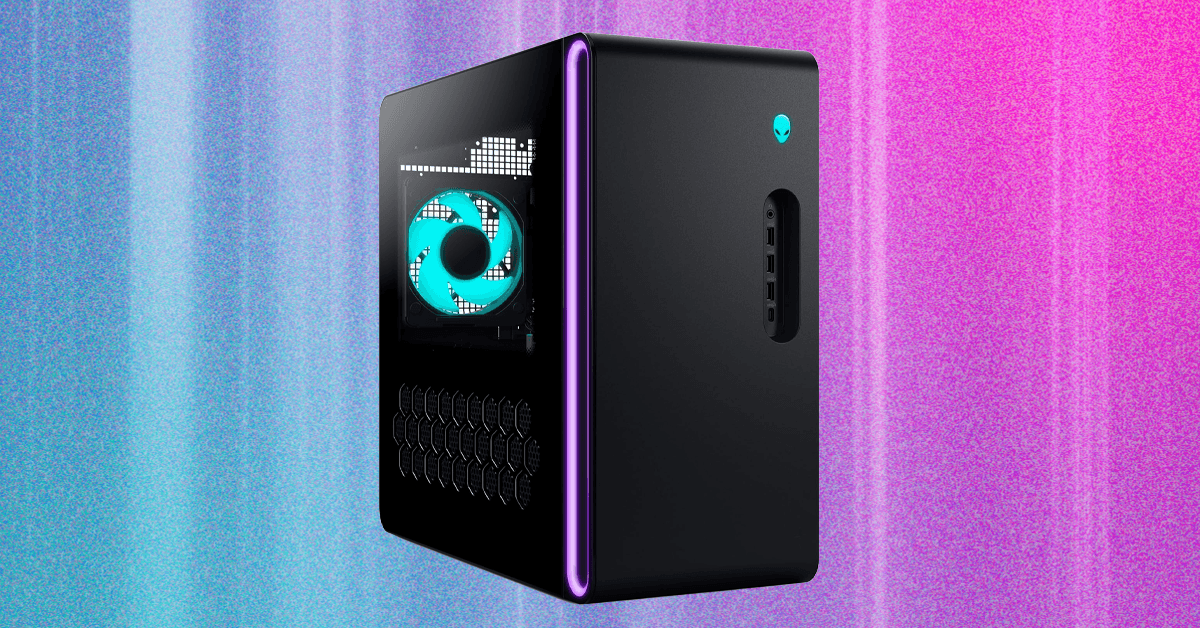Welcome back to TechCrunch Mobility, your hub for all things “future of transportation.” To get this in your inbox, sign up here for free — just click TechCrunch Mobility!
Elon Musk has never had the best relationship with regulators, often bumping up against or outright sidestepping local and state laws where his numerous companies operate.
This week has been particularly active on the regulatory front.
Musk’s tunneling and infrastructure firm The Boring Company is accused of nearly 800 violations by Nevada regulators, including digging without approval, dumping untreated water onto city streets, failing to install silt fences, and tracking dirt from construction sites onto nearby roadways, a ProPublica investigation discovered.
Then there is Tesla, which was hit with an enforcement action by California’s Department of Insurance for routinely denying or delaying customer claims despite years of warnings from the state regulator. Reminder: Tesla is an insurance provider in certain states.
Tesla also has the attention, once again, of the National Highway Traffic Safety Administration. The agency opened an investigation into Tesla’s Full Self-Driving tech after receiving reports the software caused vehicles to run red lights or cross into wrong lanes.
The NHTSA has investigated Tesla before. But this one is notable because it specifically targets Tesla’s Full Self-Driving (FSD) driver-assistance software. And Musk, as well as Tesla shareholders, have pinned the company’s future on its ability to be a leader in autonomous vehicle technology, as well as robotics and AI.
Techcrunch event
San Francisco
|
October 27-29, 2025
This single investigation likely won’t derail Tesla’s plans; the company just rolled out the newest version of FSD (v14). But it is another example of increased scrutiny on the technology that Tesla is trying to put front and center and raises questions about its robotaxis, which uses a version of its FSD software.
A little bird
A Wired article from July discovered that General Motors repurposed a few Chevy Bolt EVs that had been part of the shuttered Cruise robotaxi program and was driving them on select highways in Michigan near Austin, Texas, and the San Francisco Bay Area to develop simulation models and new driver-assistance technology.
Now it seems that General Motors might be moving forward with its autonomous vehicle development but in potentially surprising ways. When GM absorbed Cruise in December 2024, it said it would combine Cruise’s tech with its own ADAS efforts to develop fully autonomous personal vehicles.
We’re hearing chatter here and there that GM is building out an AV team across Austin and Mountain View. This comes just a couple months after GM started rehiring laid-off Cruise employees, per Bloomberg.
We’re poking around and if you know anything, reach out.
Got a tip for us? Email Kirsten Korosec at kirsten.korosec@techcrunch.com or my Signal at kkorosec.07, or email Sean O’Kane at sean.okane@techcrunch.com.
Deals!

Joby Aviation sold 30.5 million shares to raise about $514 million, money that the company said would be used to fund certification and manufacturing efforts and prepare for commercial operations, as well as for general working capital and other general corporate purposes. The company plans to start carrying passengers in its electric vertical takeoff and landing aircraft in Dubai in 2026, followed by the United States.
Investors didn’t react too favorably, though, because shares went for a discount. Under the deal, they sold for $16.85 per share, nearly 11% lower than the previous close.
Other deals that got my attention this week …
I forgot this one last week. Futurail, a European startup developing an autonomy stack for self-driving trains, raised €7.5 million in seed funding co-led by Asterion Ventures and Leap435, joined by EIT Urban Mobility and U.S. investors Zero Infinity Partners and Heroic Ventures. Side note: The Autonocast, a podcast I co-host, recently had Alex Haag, CEO and co-founder of Futurail, on the show. Take a listen.
Nexcade, a London-based startup developing end-to-end automation for freight forwarders, raised $2.5 million in a pre-seed round led by Connect Ventures. MMC Ventures, Entropy Industrial Capital, and Inovia also participated.
Toyota and Metal Mining have struck a deal to work together on the mass production of cathode materials for all-solid-state batteries to be installed in battery electric vehicles.
Tycho AI, an autonomous drone navigation startup, raised $10 million in a Series A round led by FirstMark.
Utilimarc, a Minneapolis-based fleet analytics and benchmarking company, was acquired by Smith System. The terms were not disclosed.
Notable reads and other tidbits

California governor Gavin Newsom signed a bill that gives Uber and Lyft drivers in the state the right to unionize as independent contractors.
Just last week, we featured DoorDash’s efforts to build its own autonomous delivery robot. But that internal program isn’t stopping the company from outside partnerships. DoorDash and Serve Robotics announced a multi-year partnership that would see them using autonomous robots to make deliveries across the United States.
Lucid delivered a record number of EVs in the third quarter. While it’s still nowhere near the projections it shared back when it was going public, the recent sales report does show progress.
Lyft has locked in another AV partnership — this time with Tensor Auto. The plan, the companies said, is to deploy robotaxis in Europe and North America starting in 2027. Tensor Auto might not sound familiar, but Chinese robotaxi company AutoX might. Tensor Auto’s roots are from AutoX, although the San Jose-based company has told TechCrunch in the past that AutoX’s Chinese operations were fully divested.
Transportation includes infrastructure like bridges. Climate tech reporter Tim De Chant looked into Allium Engineering, a startup developing paper-thin stainless steel that could change how bridges are built.
Tesla revealed bare-bones versions of the Model 3 and Model Y, which start at $36,990 and $39,990, respectively. These “standard” versions are pretty stripped down. Senior reporter Sean O’Kane provides more detail here.
A few things jumped out at me. For one, I was surprised this standard version doesn’t include Autopilot. Also, Tesla is really known for innovating, from its manufacturing process and software-first approach to its business model. But this wasn’t an act of innovation or even cleverness. It was merely stripping away — and the end result wasn’t the deep discounts that had been previously touted. Remember, Elon Musk was once pushing a $25,000 vehicle, a program that was later scrapped.
Zero Motorcycles has moved its key operations from California to a new European headquarters in the Netherlands. The company told TechCrunch the move is designed to accelerate growth and sharpen focus on global opportunities.
One more thing …
If you’re in San Francisco later this month, come say hello. I’ll be at TechCrunch Disrupt 2025, which will be held October 27 to October 29 at Moscone West. And there are a few transportation-related talks you won’t want to miss.
For instance, TechCrunch will be interviewing Uber chief product officer Sachin Kansal and Nuro co-founder and president Dave Ferguson about the evolving relationship between AI and mobility. The discussion is expected to cover how predictive models and computer vision are improving road safety, why last-mile delivery is an autonomy proving ground, and what it will take to bring AI-driven transportation to scale.


